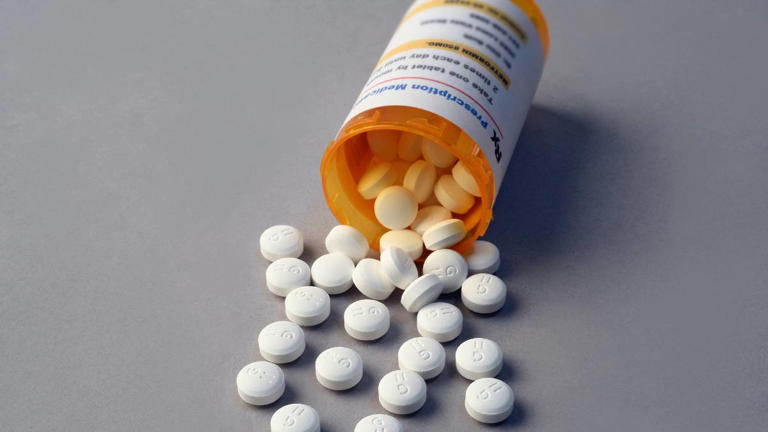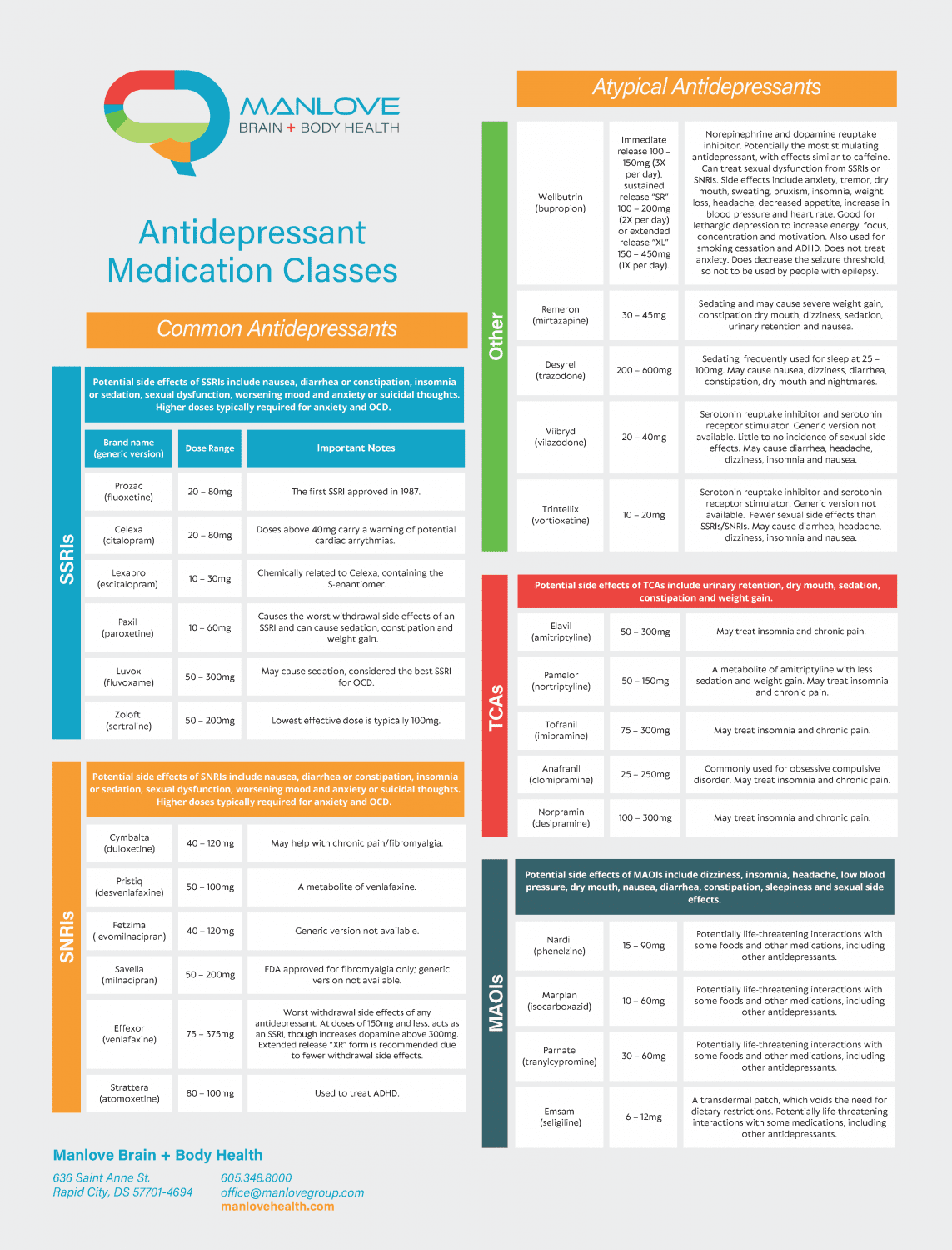If someone told me a year ago that an antidepressant could help me lose weight, I would’ve laughed. Weren’t those the pills that caused weight gain? But after reading more about what antidepressant is best for weight loss, I got curious—and desperate enough to try something new.
At the time, I was in a rut. I felt heavy emotionally and physically. I’d gained weight from emotional eating and barely had energy to function. Diets didn’t work because, honestly, I couldn’t even get out of bed some days. That’s when I found out some antidepressants actually have appetite-suppressing side effects. So I started digging—and eventually, I tried one.
Here’s what I learned from that experience, and what I wish I knew before starting.
Why Are So Many People Googling “What Antidepressant Is Best for Weight Loss”?
This question isn’t just about the number on the scale. It’s about regaining control. When depression hits, weight changes often follow—some people gain, others lose. But most just want to feel like themselves again.
So when you search “what antidepressant is best for weight loss,” it usually means:
-
You’re gaining weight on your current medication and want to switch
-
You’re starting meds and want to avoid gaining weight
-
You’re hoping the right medication might improve mood and metabolism
-
You’re struggling with emotional or binge eating, and want support
There’s also something very real about wanting your outside to match the healing you’re trying to achieve inside. Weight is tied to identity, energy, confidence—and mental health is right in the middle of it all.

The Antidepressants Most Linked to Weight Loss
Let’s get straight to it: some antidepressants are more “weight-neutral” than others, and a few are even linked to modest weight loss. Here’s a breakdown of the most talked-about options in medical literature and real user stories.
Bupropion (Wellbutrin)
This one comes up the most in studies and personal testimonials.
-
Mechanism: A norepinephrine-dopamine reuptake inhibitor (NDRI)
-
Commonly prescribed for: Depression, seasonal affective disorder, smoking cessation
-
Why it may help with weight:
-
Appetite suppression
-
Boost in motivation and energy
-
Less risk of food-related side effects
-
Real people report dropping 5–15 pounds over a few months with no major lifestyle changes. It also tends to increase libido and focus—something that many other antidepressants blunt.
“I lost 10 pounds without even thinking about it. I just stopped craving junk food,” wrote one user on Reddit.
Fluoxetine (Prozac)
An SSRI that’s been around for decades, Prozac is known to sometimes cause initial weight loss, though that effect may plateau or reverse over time.
-
May reduce obsessive thoughts about food
-
Often helps those with binge eating tendencies
-
Can suppress appetite in the first 6–12 weeks
In one clinical trial, people on fluoxetine lost an average of 5–7 pounds in the first few months. That said, after a year, some people saw weight creep back. So it’s not a long-term solution for everyone—but for emotional eaters, it can be a starting point.
Duloxetine (Cymbalta)
While not primarily prescribed for weight, Cymbalta sometimes leads to slight weight loss in individuals who deal with both depression and chronic pain.
-
It can reduce emotional eating triggered by pain
-
Users often feel more motivated to move and care for themselves
-
Appetite suppression is a possible side effect
Cymbalta may not be the first choice for weight loss, but it’s often the best for people needing mood and pain relief in one.
What Worked for Me—and What Didn’t
I ended up trying bupropion under the guidance of my psychiatrist. The first week was a little bumpy (dry mouth, insomnia), but by week three, something shifted.
What changed:
-
I stopped craving sugar every night
-
My energy came back enough to start walking again
-
I wasn’t obsessing over food or calories
What didn’t change:
-
I still needed therapy to work through emotional eating
-
I had to remind myself that meds are support, not a solution
Over three months, I lost 12 pounds—not just from the pill, but from finally having the mental bandwidth to take care of myself again.
How to Talk to Your Doctor About This
If you’re considering switching to an antidepressant that might help with weight loss, here’s what to bring up with your provider:
-
Your full history with depression or anxiety
-
Previous medications that caused weight gain
-
Current eating patterns (especially binge or emotional eating)
-
Energy and motivation levels
-
Family history of obesity or metabolic issues
Also, be honest about your goals. It’s okay to say, “I want to feel better mentally—and physically. Is there a medication that supports both?”

Lifestyle Habits That Support the Effects of Antidepressants
Even the best antidepressant won’t do everything. Here’s what helped me amplify the results:
-
Drink an ACV weight loss drink before meals
-
1 tbsp apple cider vinegar
-
1 cup warm water
-
Optional: squeeze of lemon + cinnamon
-
-
Eat protein in every meal to reduce blood sugar spikes
-
Use a mood and food journal to spot emotional triggers
-
Move daily, even if it’s just stretching or walking
-
Sleep 7–8 hours, which keeps hormones balanced
These little things add up—and when paired with the right medication, they make all the difference.
Watchouts: Not Everyone Will Lose Weight
Here’s where we need to stay grounded. Some people gain weight on antidepressants. Others lose. And some stay exactly the same.
It depends on:
-
Your baseline weight and activity level
-
Your brain chemistry
-
Co-occurring conditions (like PCOS or thyroid issues)
-
The type and dosage of medication
That’s why it’s essential to have regular check-ins with your doctor, especially in the first 3 months of starting or switching meds.
Important Note on Contrave (Bupropion + Naltrexone)
You might come across Contrave, which combines bupropion with naltrexone. It’s FDA-approved for weight loss and often prescribed when weight gain is part of the mental health picture.
It works by:
-
Reducing appetite
-
Suppressing cravings
-
Affecting the brain’s reward system (especially helpful for food addiction)
Contrave isn’t technically an antidepressant—but because bupropion is in the mix, it’s often used in crossover cases. Talk to your provider about whether it’s right for you.
FAQ: What People Ask About Antidepressants and Weight Loss
1. Which antidepressant helps the most with weight loss?
Bupropion (Wellbutrin) consistently shows the most weight loss in clinical studies and user experiences.
2. Can Prozac cause weight loss?
Yes, especially in the first few months. However, long-term weight changes vary widely.
3. Is there an antidepressant that gives energy and motivation too?
Bupropion is known for boosting motivation, focus, and even libido. It’s often prescribed when energy is low.
4. Can antidepressants treat binge or emotional eating?
Yes—especially those that target dopamine, like bupropion, or reduce obsessive thinking, like fluoxetine.
5. What if I gain weight on my current antidepressant?
Talk to your doctor about switching. There are weight-neutral or weight-loss–associated options available.
6. Can I combine antidepressants with apple cider vinegar or natural fat burners?
Usually, yes. ACV drinks are generally safe, but always check with your provider—especially if you’re on multiple medications.
7. How long does it take to see weight changes on antidepressants?
You may notice shifts in appetite or energy within 2–4 weeks. Visible weight changes typically take 6–12 weeks.
8. Is it safe to take Contrave for both mood and weight?
Contrave isn’t primarily for mood, but some people report better emotional control. Only take it under medical supervision.
Final Thoughts
If you’re struggling with depression and feel stuck in your body, asking what antidepressant is best for weight loss is not shallow—it’s self-aware. You’re not just chasing a number. You’re looking for a way to feel whole again.
Be kind to yourself through this process. Mental health recovery looks different for everyone—and if weight loss is part of what helps you feel more like you, that’s valid.
Pick one thing today. Maybe it’s asking your doctor about bupropion. Maybe it’s starting a mood journal. Or maybe it’s drinking your first ACV tea tomorrow morning.
You’re allowed to want more than just survival. You deserve to feel good—in body, in mind, and in life.